Beth Van Schaack: The war in Ukraine ‘badly calls out for justice’

The US Department of State believes there is one man who can end the war in Ukraine. Spoiler alert: it's not Ukrainian President Volodymyr Zelensky. Beth Van Schaack, the US Ambassador-at-Large for Global Criminal Justice, explains the challenges of investigating war crimes and of bringing leaders currently in office to justice.
Beth Van Schaack is an American attorney and academic. In 2021 US President Joe Biden nominated her to be the Ambassador-at-Large for Global Criminal Justice at the US Department of State.
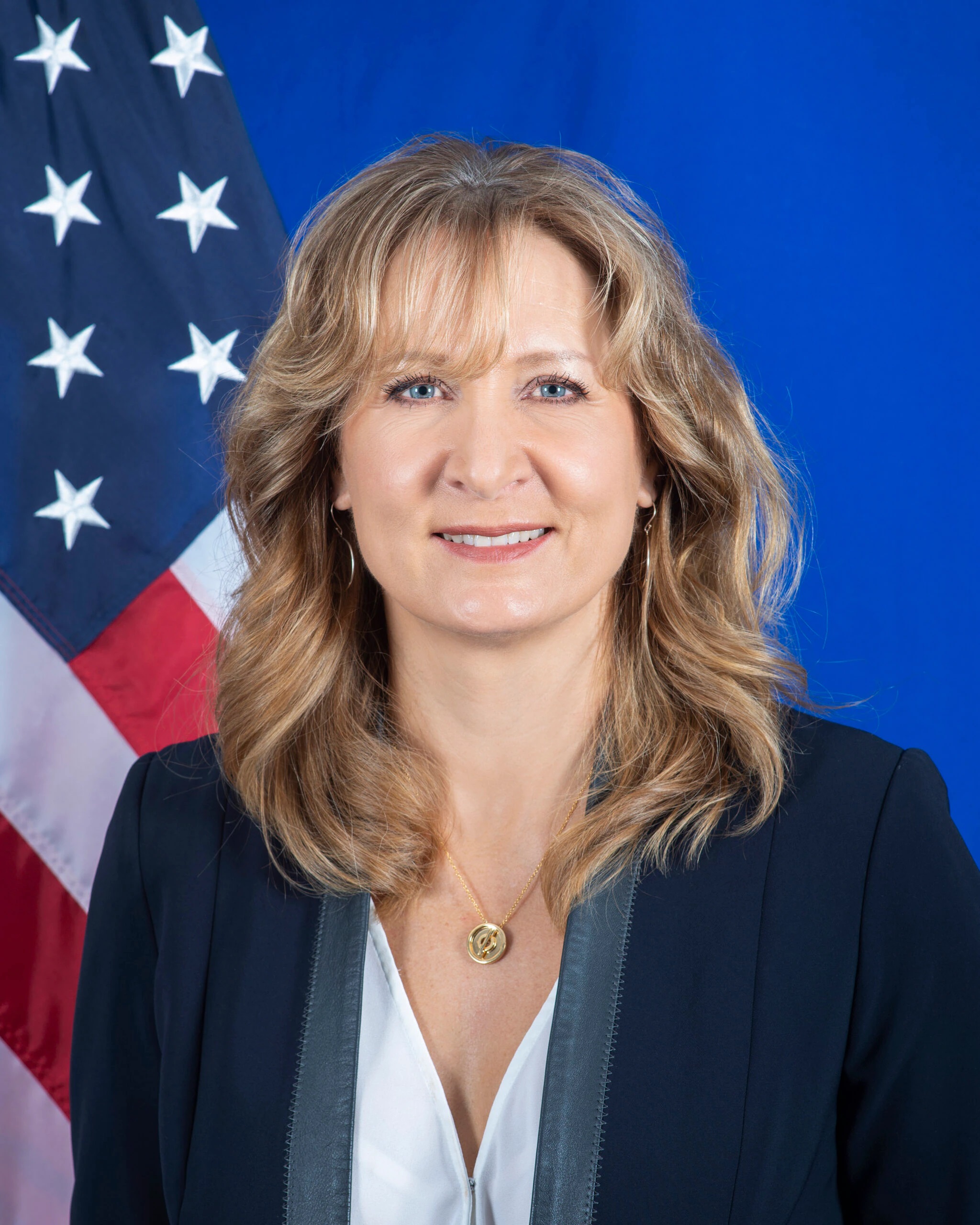
SWI swissinfo.ch: Based on its investigation, the Independent International Commission of Inquiry for Ukraine set up by the UN Human Rights Council concluded that war crimes have been committed in Ukraine. What should happen next?
Beth Van Schaack: The Commission of Inquiry did release its first report very recently and it’s a very strong indictment of Russia’s war crimes. They have been able to catalogue a lot of such crimes, including the use of explosive weapons in populated areas, targeting around schools and hospitals, endangerment of civilians, a whole list of violations of personal integrity – for example summary executions, unlawful confinement, torture, and wounding of captive persons, rape, and other forms of sexual violence – and of course all the deportations and Russia’s renowned “filtration” operationsExternal link [to evaluate the perceived threat of detained Ukrainians before either imprisoning them or forcibly deporting them to Russia, according to the State Department].
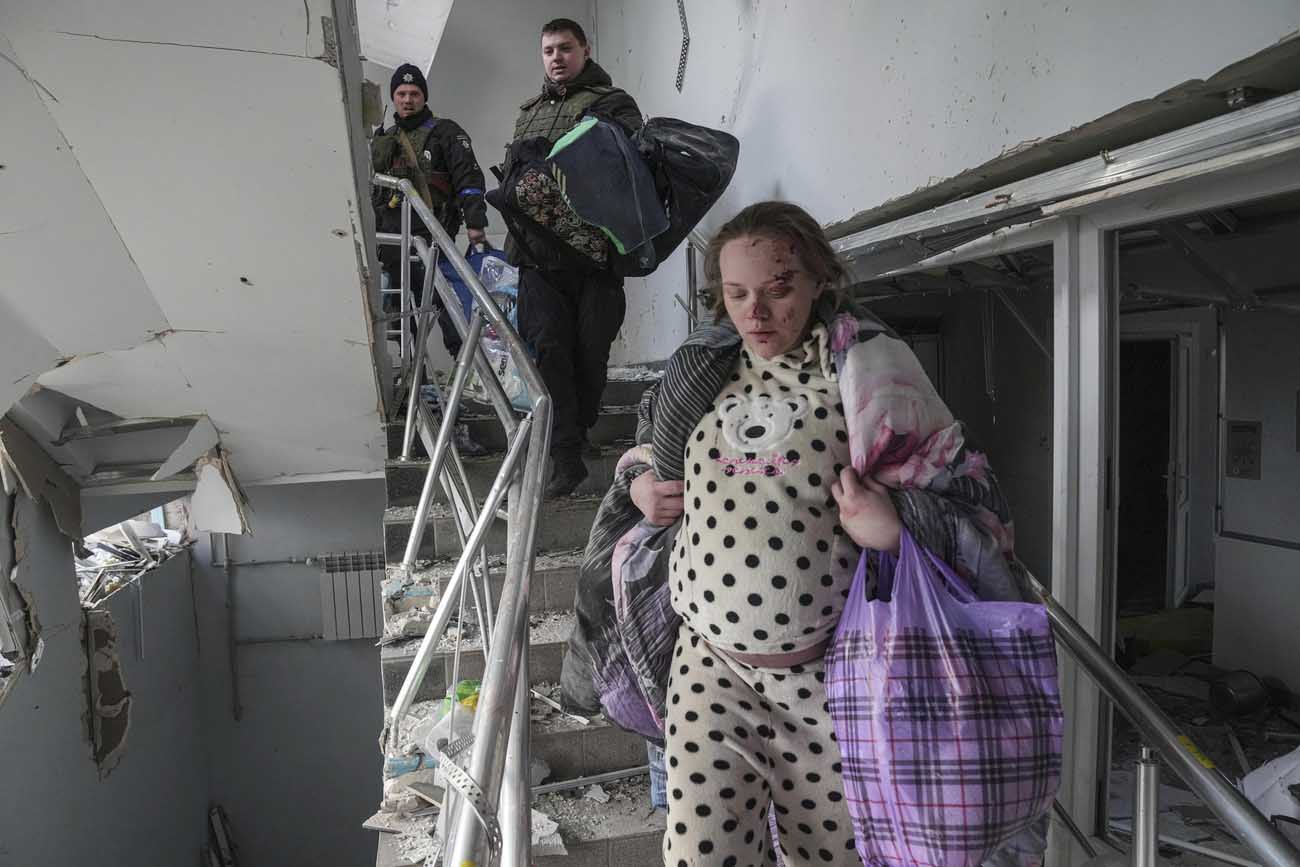
Normally all of the underlying information can be shared with prosecutorial authorities around the world. This would include national-level prosecutors, for example in Ukraine. But also [there are prosecutors] elsewhere in Europe, many of whom have opened their own investigations into the situation in Ukraine with an eye to potentially bringing war crimes cases, should Russian defendants come within their jurisdictional reach.
All of this information can be shared with the International Criminal Court [ICC], which has opened an investigation into the situation in Ukraine. So the Commission of Inquiry is one part of a larger effort around the world.
SWI: What will happen now, considering that the war is ongoing?
B.V.S.: It is actually quite remarkable that Ukraine could keep its war crimes unit fully operational and as soon as there are incidents around the country [and] there are potential war crimes, they are able to send a team of both national and international experts to the field to start immediately collecting evidence. Ukraine has also issued a few indictments already and conducted trials in their domestic courts. The International Criminal Court has been actively engaged in its own investigation.
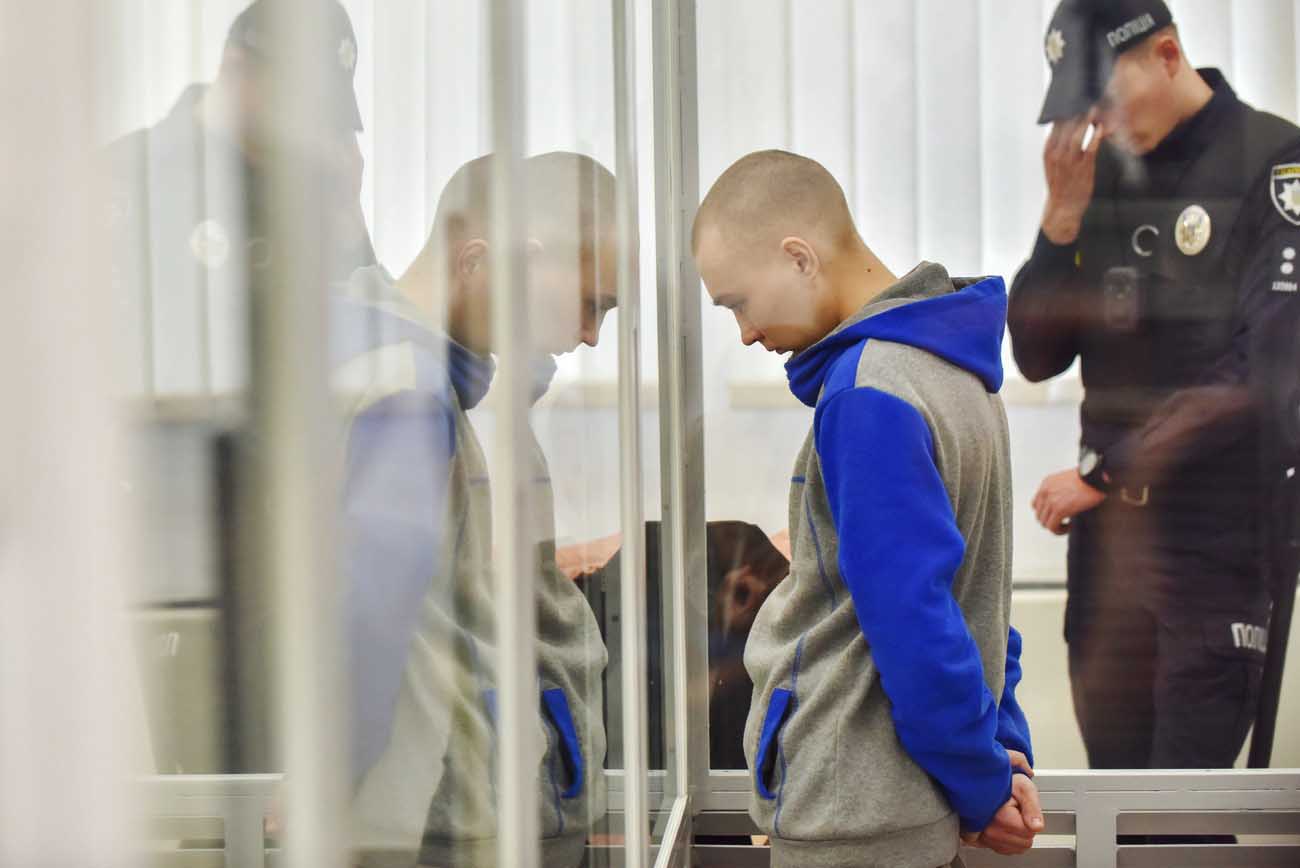
SWI: How can prosecutors gain custody over people who were involved in war crimes?
B.V.S.: The real challenge now is getting custody over the accused. While Ukraine has some war prisoners in custody, many of the architects of this campaign of war crimes are located in Russia. Without an international police force, the only way to gain custody over these individuals is if they voluntarily leave Russia. We may have to wait for some time until these perpetrators begin leaving the safety of Moscow.
SWI: The Commission of Inquiry has also identified at least two cases of mistreatment of Russian soldiers by the Ukrainian Armed Forces. Are they also the subject of US government attention?
B.V.S.: Indeed, it is very important to emphasise that the laws of war and the prohibitions against war crimes apply equally to the aggressor state and to the victim state. When it comes to this conflict in particular, that is where this equivalence ends. The data and information related to Russia’s war crimes is vastly disproportionate when compared to allegations against the Ukrainian forces. We also see huge disparities between the reaction of the two states. Russia reacts to these claims and allegations against it with denial and lies, whereas Ukraine has acknowledged that its forces have committed some abuses and has promised to investigate them.
SWI: If Russia seems to no longer care about international law and peace cannot be reached immediately, what leverages and steps towards a ceasefire might there be?
B.V.S.: This is obviously a huge problem of diplomacy and political will, and there’s very clearly one person who could bring the hostilities to an end, and this person is [Russian] President [Vladimir] Putin.
SWI: In all that you’ve seen since the war in Ukraine began, what has shocked you the most?
B.V.S.: You would expect to see a high degree of violence and destruction in any war, even if it is fought in strict compliance with international law. But what we saw in areas from which Russian troops retreated was violence of a different order. That was interpersonal, gruesome violence – we saw bodies of people killed execution-style, with their hands tied behind their back. There were credible reports of sexual violence against women and girls, and men and boys. So this is not just the typical sort of destruction you would expect from war, but really violent interpersonal abuses. And that is extremely difficult to see and hear.
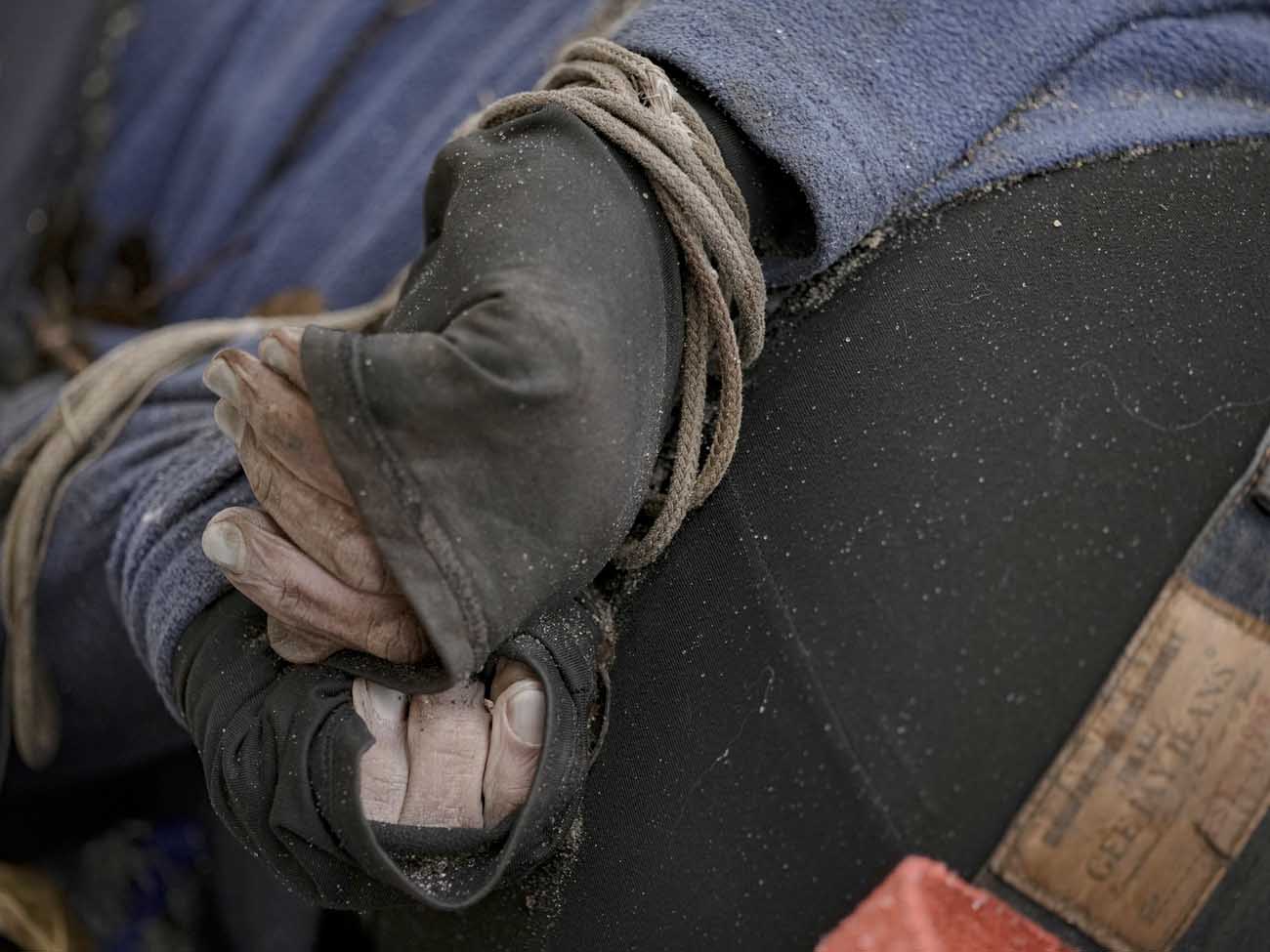
SWI: Could Putin one day be prosecuted for war crimes in Ukraine?
B.V.S.: As long as he remains the head of state in Russia, in that capacity he can enjoy immunity if he were to be prosecuted by courts in another state. That head-of-state immunity exists only so long as he is in power. And there is no head-of-state immunity before an international tribunal. So, if he remains the head of state and the ICC prosecutes the chain of command, then they would have to decide if they have sufficient evidence against him.
SWI: Is it possible for countries with a neutral status, such as Switzerland, to prosecute war crimes?
B.V.S.: Switzerland adopted sanctions against Russia and welcomed Ukrainian refugees – these are all welcome developments. This is a new Nuremberg moment, just as after the Second World War the international community was united around the imperative of holding the Nazi perpetrators responsible. Now it is also important for all of us to react to the fact that Russia has committed a massive violation of the UN Charter and is in breach of international norms we all hold dear.
We’ve never before seen the world more united about providing justice for a particular situation that so badly calls out for justice.
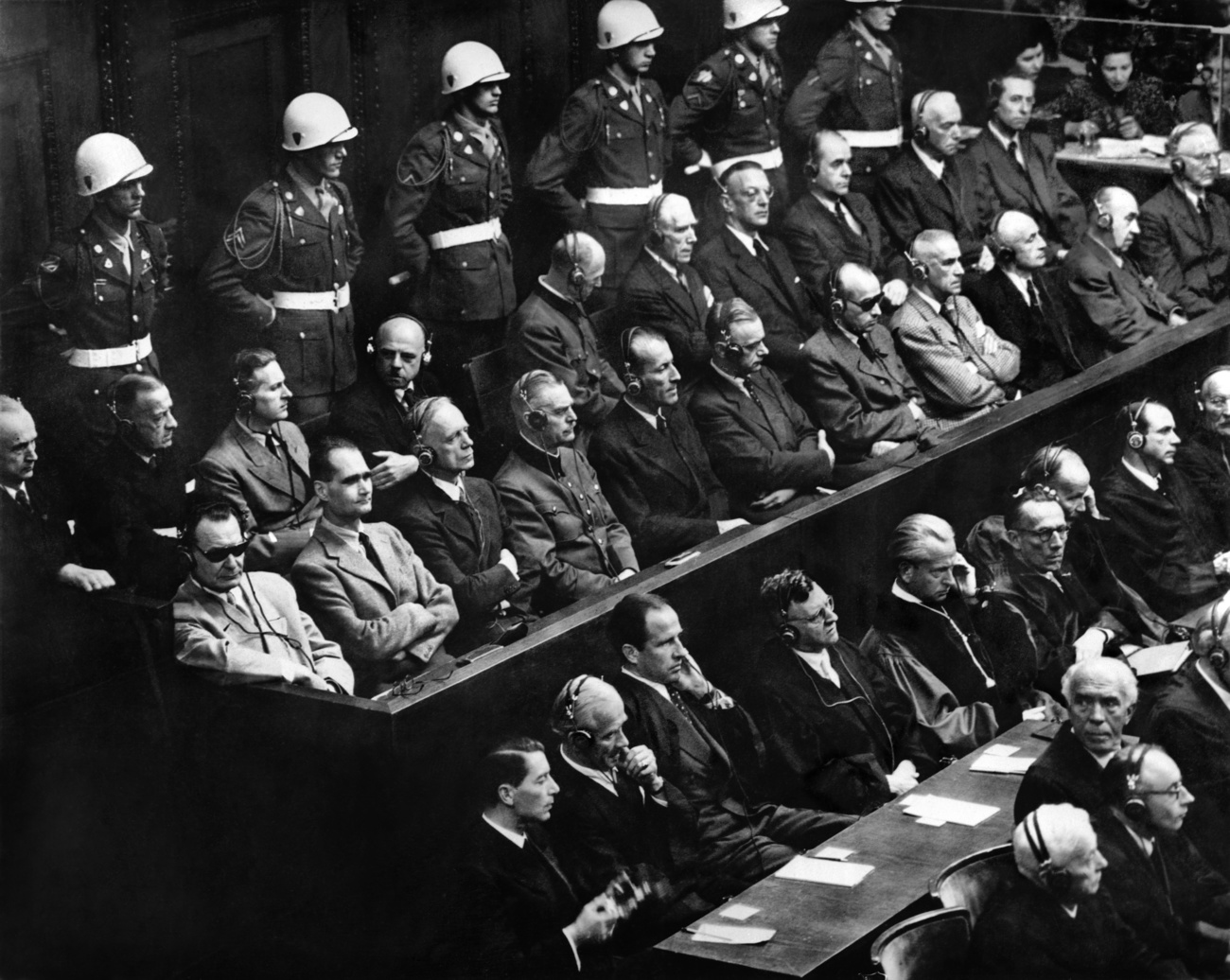
SWI: The US were involved in Syria’s conflict. US senatorsExternal link, some European leadersExternal link, as well as a former chief prosecutor of UN international tribunals, Carla Del Ponte, called for Syrian President Bashar al-Assad to be brought to justice. Assad remained president, even though the UN stated that the Syrian government committed war crimes. What do you think about these similarities with the situation in Ukraine?
B.V.S.: The crimes and abuses we see today in Ukraine follow the same pattern that we have seen anywhere Russia has deployed its forces under President Putin. And this includes Syria, of course. But we also have Georgia and even well before that, we had Chechnya and Grozny and the type of siege the civilian population has been subjected to. There’s definitely a pattern, yes. And there was no accountability in those earlier efforts. That’s why it is extremely important that we remain committed to bringing accountability for the type of abuse we’re seeing in this war.
SWI: Russian officials say: “If Americans can start a war, then why can’t the Russians also do it?” What is your answer to that?
B.V.S.: I think the world is not fooled by any of these claims and understands that it is Russia who is the primary perpetrator here, and that it is President Putin who is the architect of this terrible war.
SWI: How then would you explain to people in Russia that all of the sanctions and other steps the US has taken are not directed against the Russian people?
B.V.S.: It is a difficult question because Russia has now shut down all independent media. They have kicked out a number of civil society organisations that might have been independent voices able to speak directly to the Russian people. So that’s the challenge of using technology in order to make sure accurate information is available to people.
SWI: In this situation, do you think that some of Russian propagandists could one day also be prosecuted and judged?
B.V.S.: When propaganda rises to the level of incitement while calling actively for violence against people, then it can be prosecuted under international and domestic law. Individuals who are producing that kind of propaganda should be aware of that even if they were not holding a gun.
Edited by Balz Rigendinger

In compliance with the JTI standards
More: SWI swissinfo.ch certified by the Journalism Trust Initiative
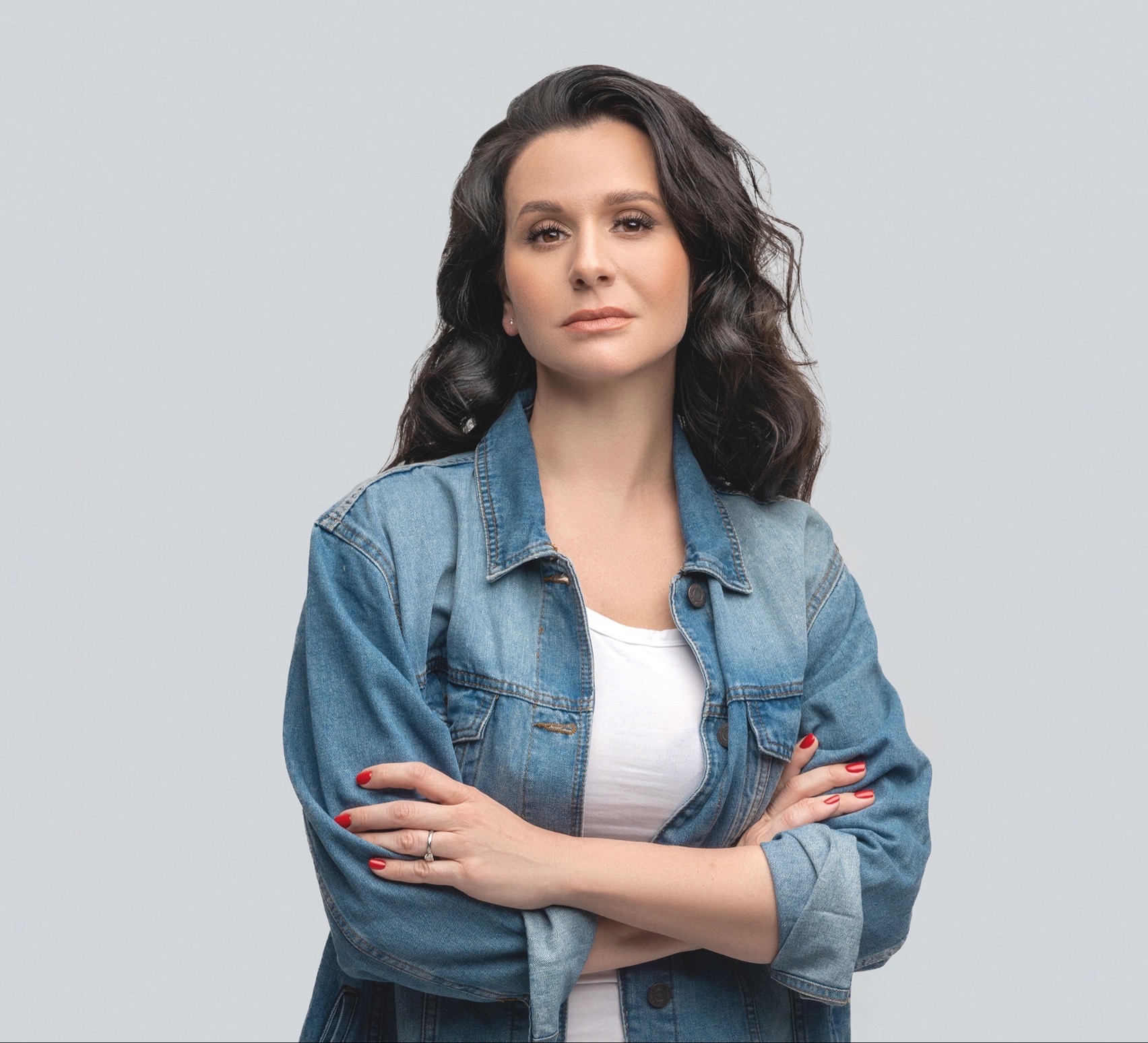








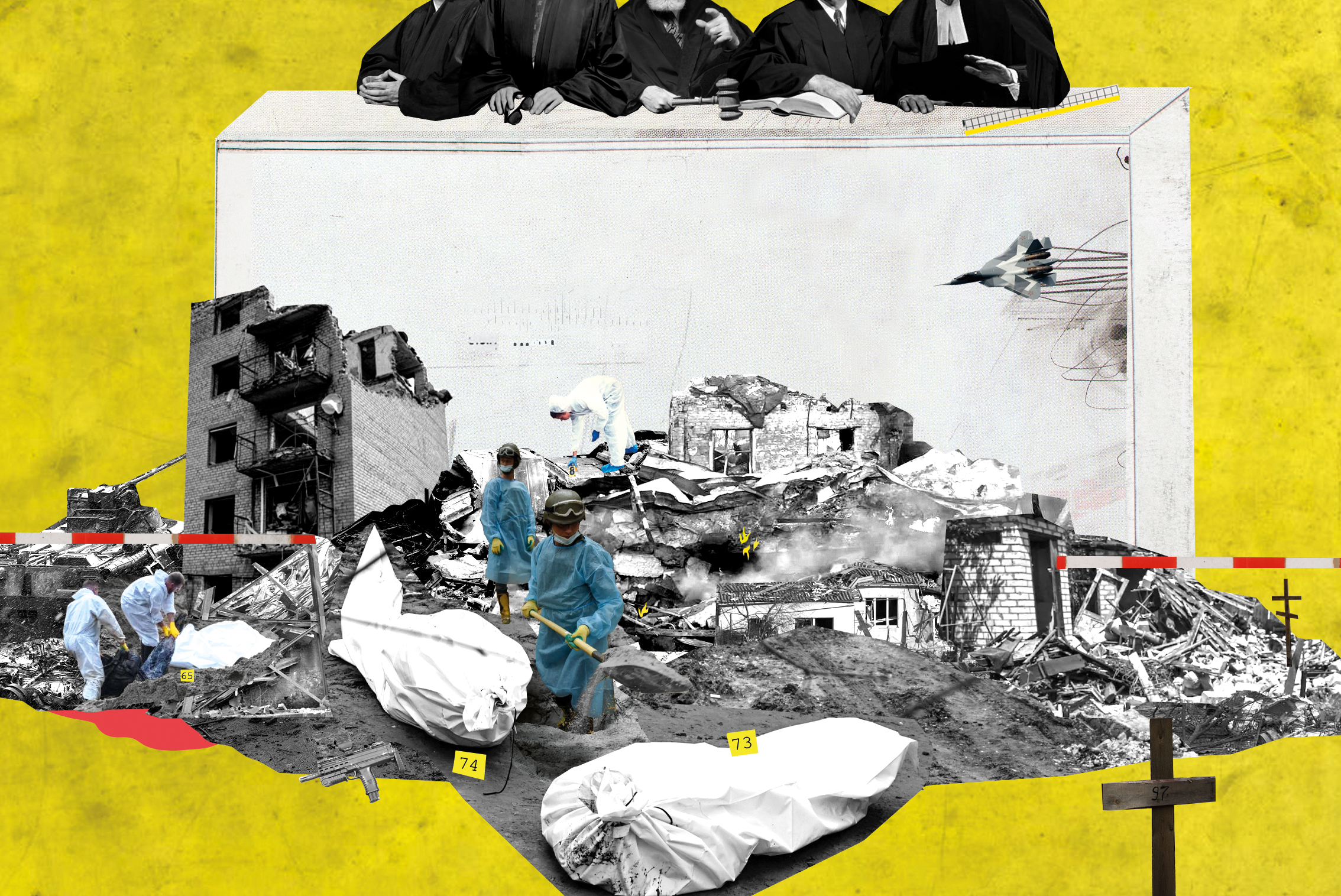
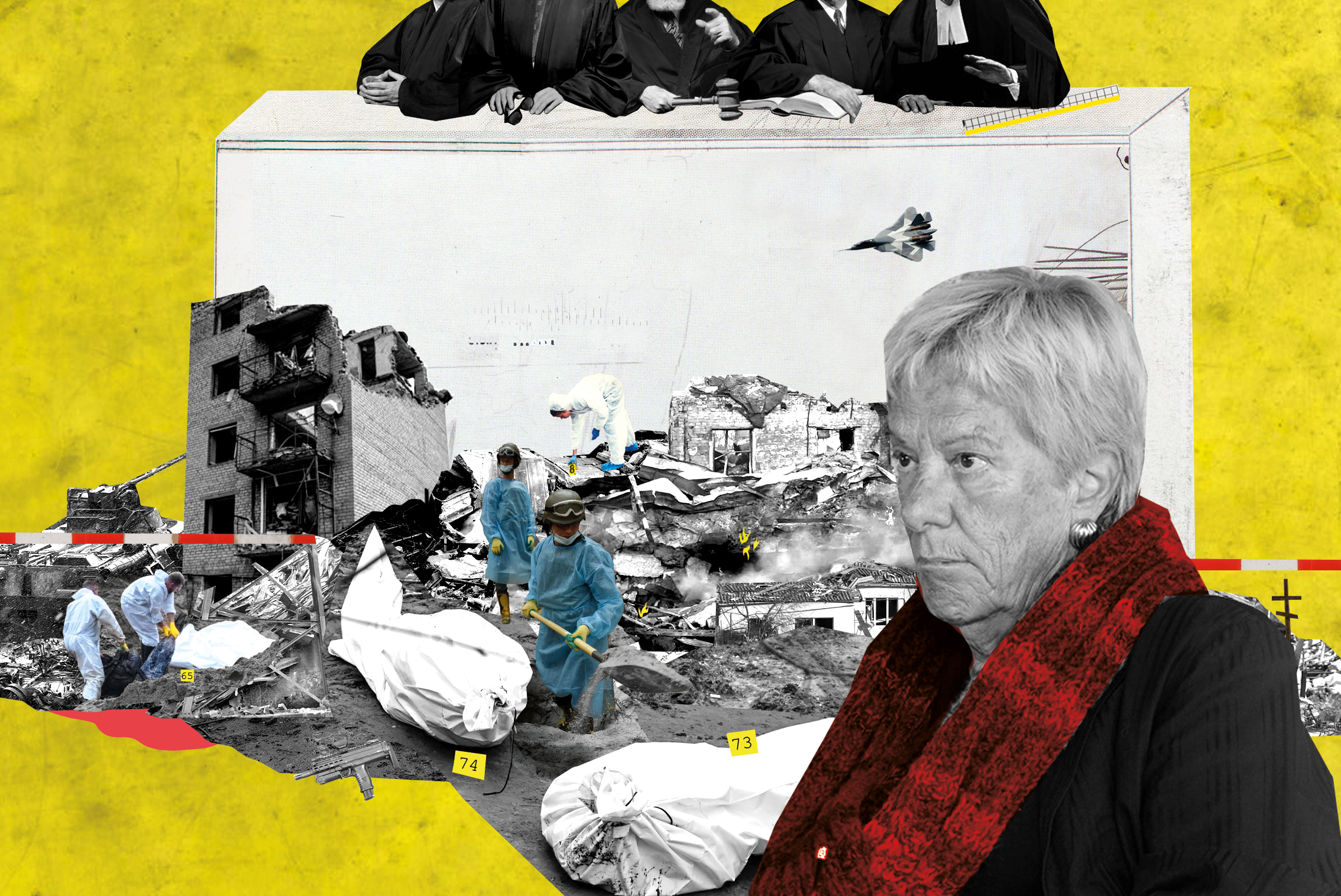
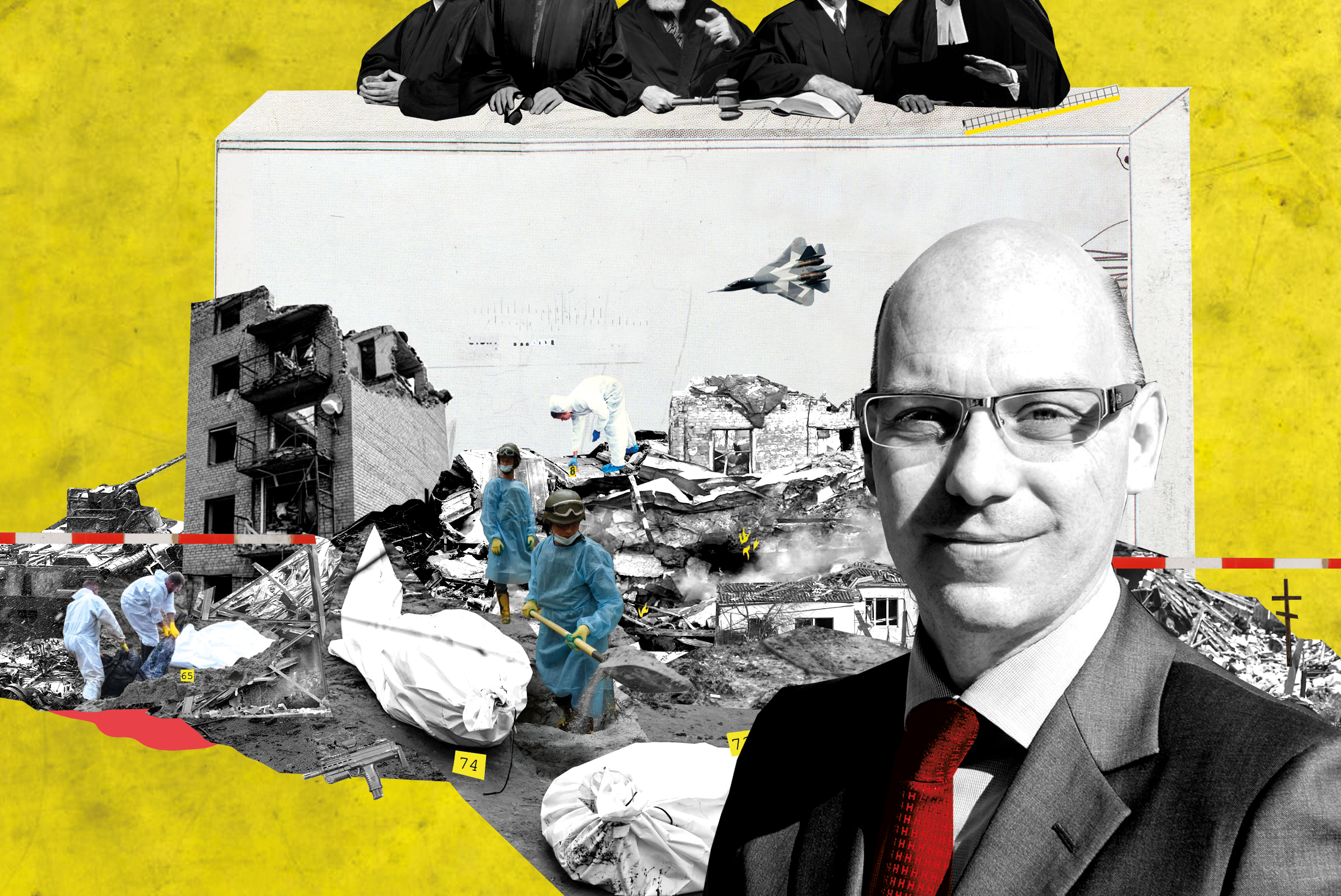
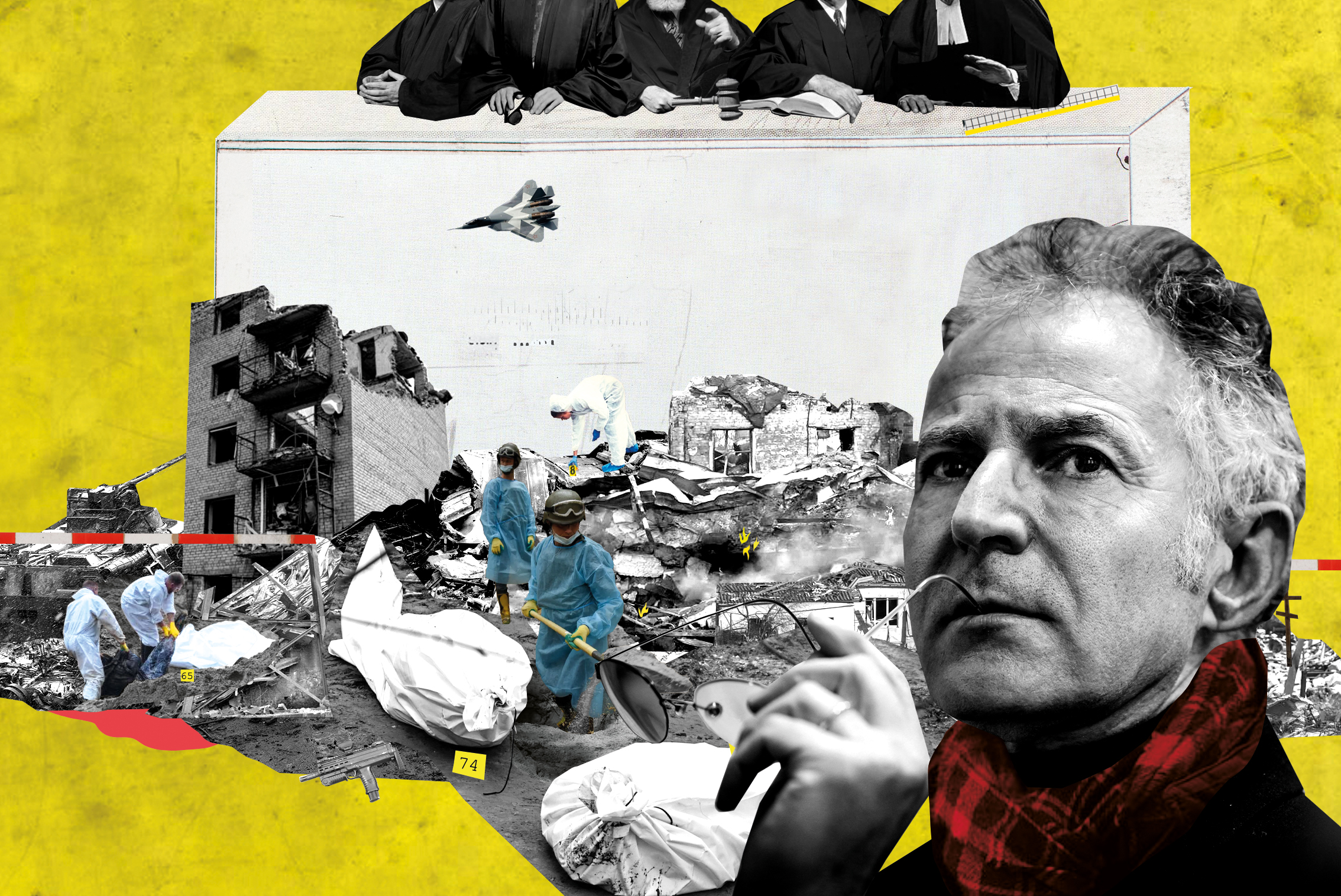
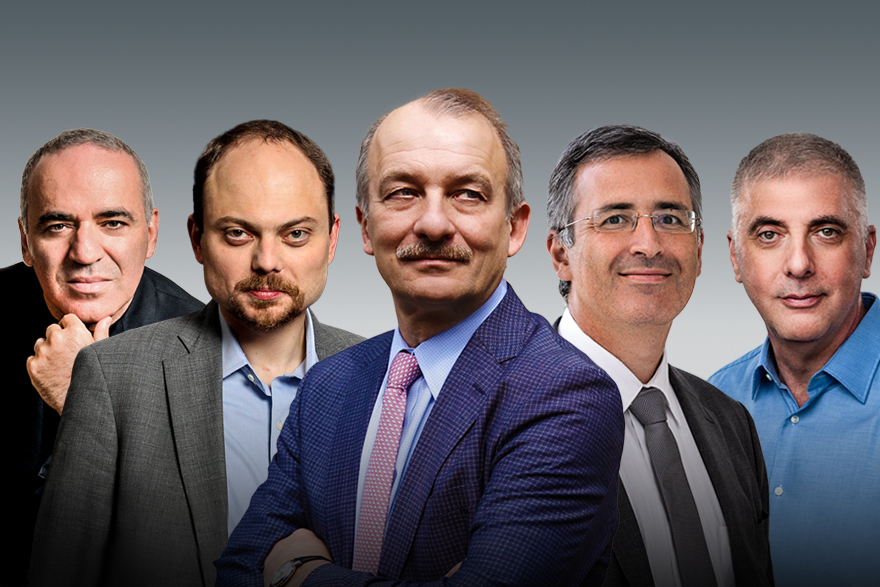
You can find an overview of ongoing debates with our journalists here . Please join us!
If you want to start a conversation about a topic raised in this article or want to report factual errors, email us at english@swissinfo.ch.